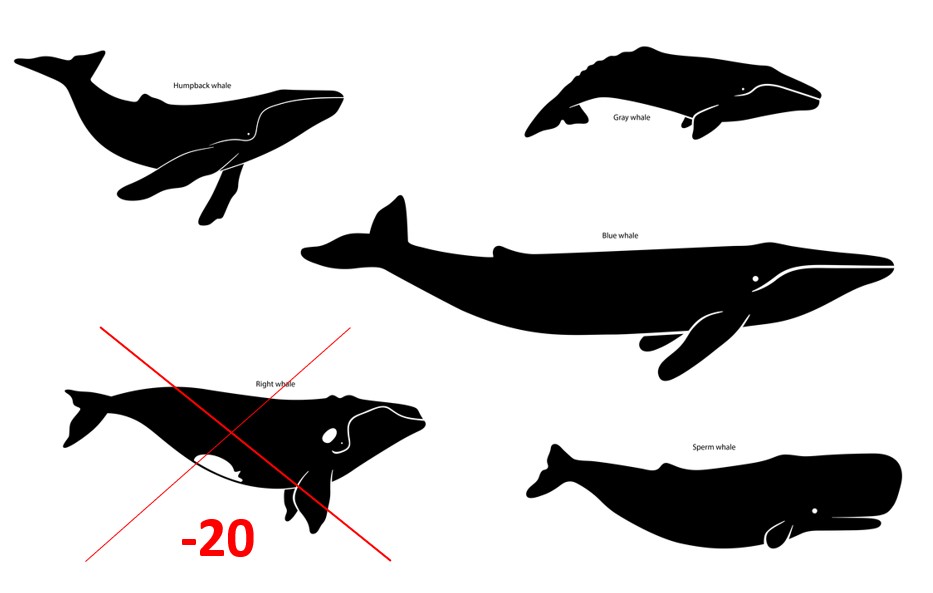

The Massachusetts coast has been marked out for its high potential in terms of wind energy, offshore wind energy to be exact. With plans for as much as 20 GW before 2030, and more to follow, the region has been marked out for its potential to provide clean energy for the US grid. However, a recent case of a project developer getting a permit to kill upto 20 Right whales, an endangered whale species, puts the impact on the environment from these farms in the spotlight yet again.
The developer in question, Vineyard Wind has begun construction this month for the 62- wind turbine project. The offshore wind farm will be located some 15 miles off the coast, close to Martha’s Vineyard.
The permission to kill the whales, a critically endangered species is because the waters in the area have been identified as an important habitat for the declining right whale population according to a study by researchers from the New England Aquarium (NEA).
That meant the wind developer had to get permission from the Federal regulators from the National Marine Fisheries Service (NMFS) besides the National Oceanic and Atmospheric Administration (NOAA) for any incidental though not intentional, killing of the whales during construction.
With less than 350 whales of the Right whale species remaining in the open ocean according to the NOAA’s own projections, the permissions certainly put the focus on offshore wind and the impact it has on the ocean environment during construction. The construction process for the turbines necessitates underwater blasts of noise for surveying which “are louder than a jet engine at 25 yards” of distance, New England Fishermen Stewardship Association (NEFSA) president Jerry Leeman was reported as telling DCNF.
The problem is that the period of construction in the summer months coincides with the peak activity of these massive mammals in the waters of the region.
The US example will put pressure on government’s, especially in tropical regions like India, which are also keen to develop offshore wind energy along their coastline, as costs come down. Ironically, if this clean energy is meant to save habitat on and from the impact of fossil fuels they seek to replace, its impact on the ocean environment has not really been evaluated thoroughly.
Reliance Industries Ltd (RIL) Chairman Mukesh Ambani has announced a massive ₹75,000 crore investment in…
Green-energy heavy-duty truck maker Blue Energy Motors has reached a remarkable milestone by surpassing 50…
India is on track to exceed its Nationally Determined Contribution (NDC) target of reducing the…
Raj Process Equipments and Systems Pvt Ltd, a Pune-based technology innovator and engineering conglomerate, is…
Europe’s renewable energy sector faces a potential slowdown, burdened by grid saturation, permitting delays, and…
Hexa Climate has announced the launch of a pioneering afforestation project in Purulia, West Bengal.…